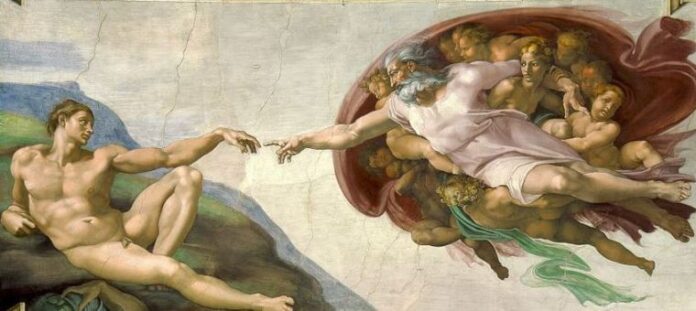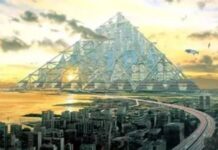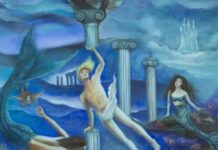In a cartoon made by Bruno Bozzetto, a factory was printing people who were implanted with a brain programmed for obedience and tireless work.
According to many scientists, evolution in nature and in societies occurs in leaps, not following a linear path. There have been times when humanity has made an epochal leap, as happened with the Renaissance, the French Revolution or even at the end of the Second World War. These leaps would usually occur after a dark period.
So it is happening now. While animal breeding theorists are aiming for more natural treatments, human beings are increasingly losing the state of nature, by being confined within the logic of intensive farming, in which paradigms imposed from above are determining physical and mental health, and defying any possibility of free choice, or actions in contradiction with the rules of the system.
If this trend continues, in future we will find ourselves in the paradox of having natural farms for animals while humans will be framed in battery farms for rapid, safe and efficient production.
This process, which is accelerating in our societies, is also generating an opposite reaction: the birth of a shared conscience aiming to restore fundamental life components of the pre-industrial era: the need to have physical contacts instead of virtual ones, an attitude of harmony towards nature, the sharing of common values based on respect for individual freedom.
We may perhaps be experiencing an even more radical transformation: we could be facing one of the most evolutionary leaps of History, where the restoration of lost values will become a fertilizer for new forms of cooperation and development between human beings. This will lead to a wider individual and collective awareness and a deeper sense of union and communication with other living forms.
Just like the Renaissance gave birth to the modern era through the recovery of the great classical culture of the past, we may indeed be facing a new era founded on pre-industrial values and traditions.
A process that is not only already underway, but perhaps also inevitable.
RES HUMANA











